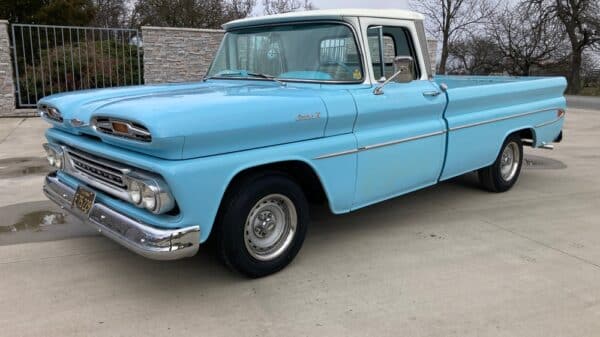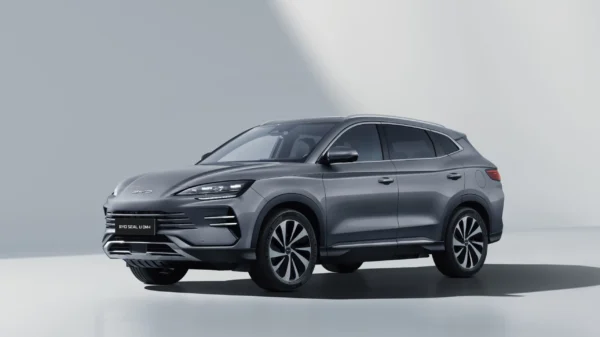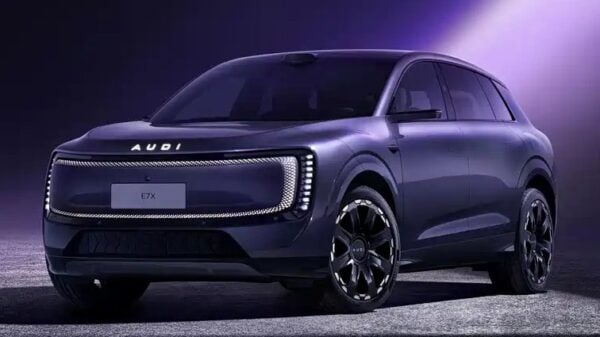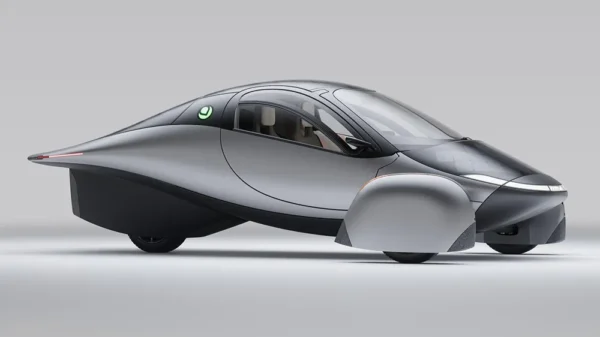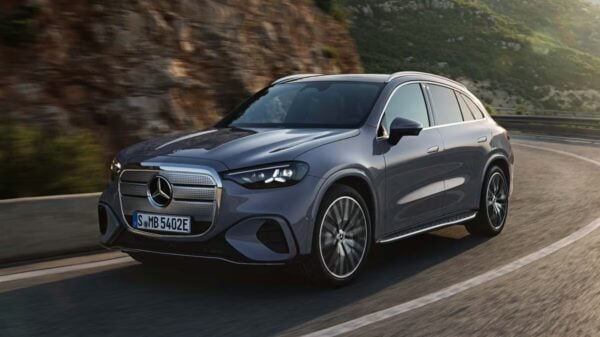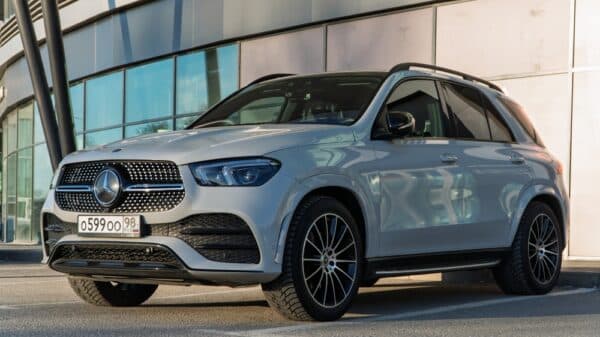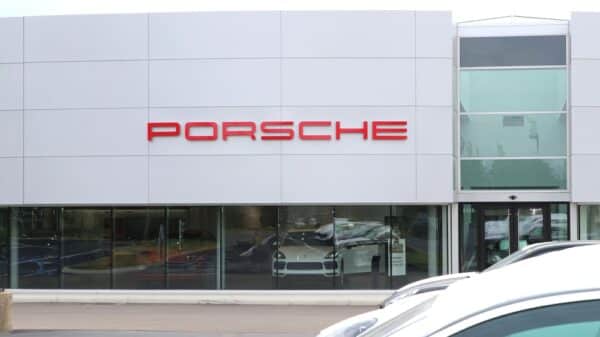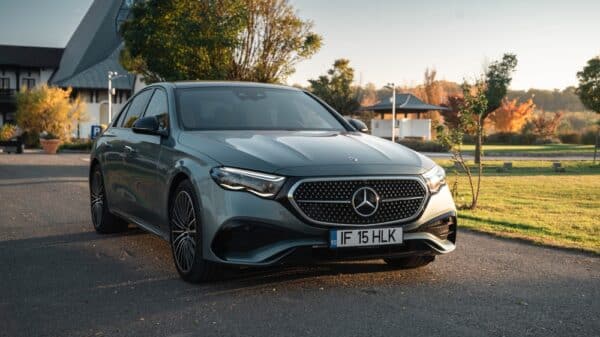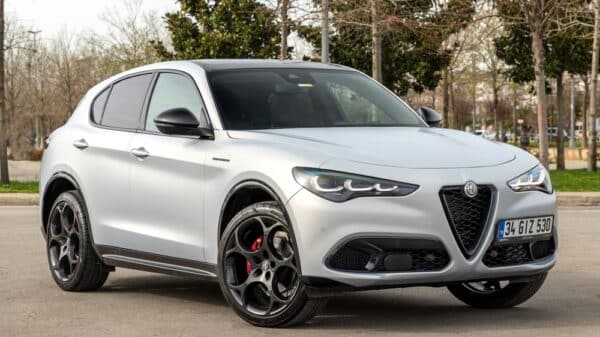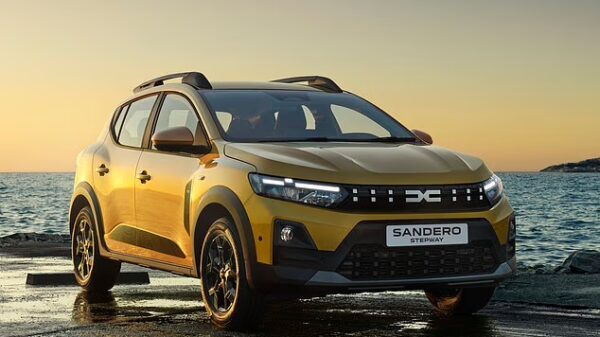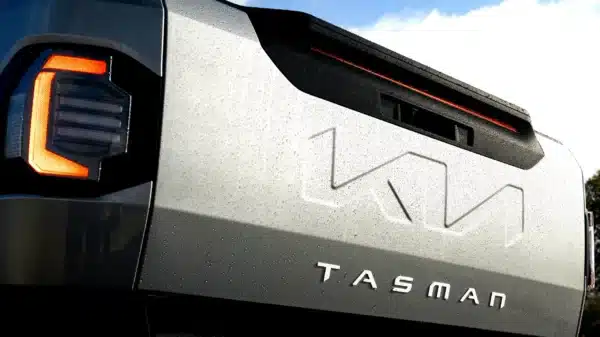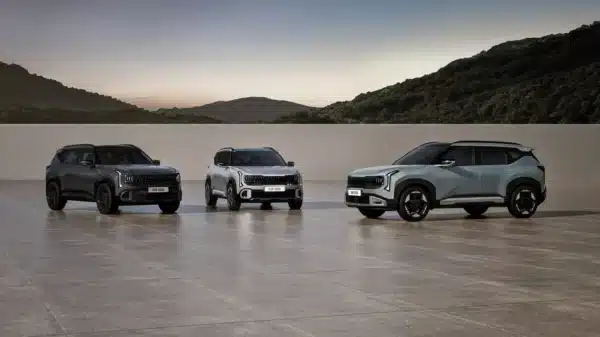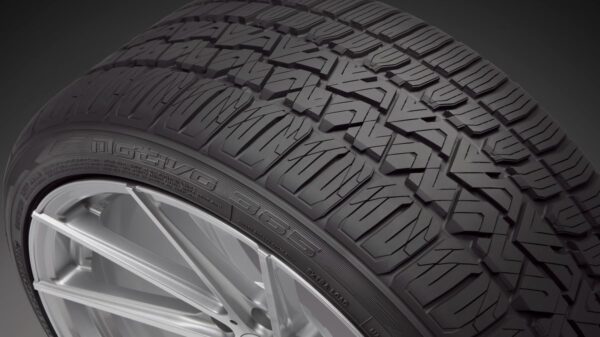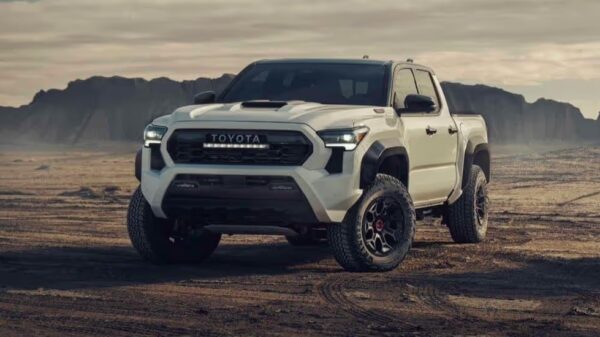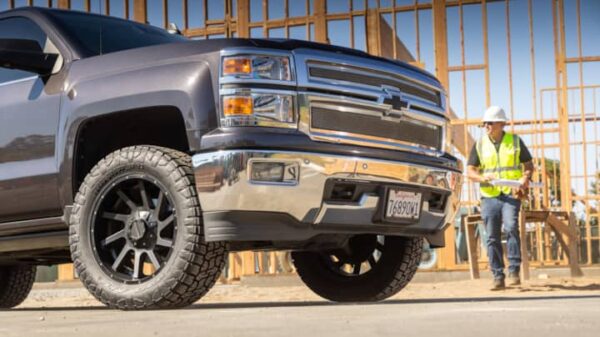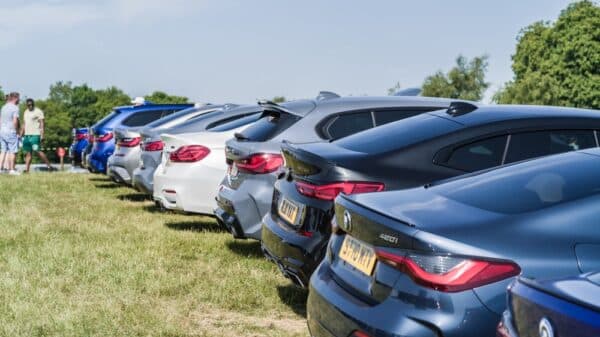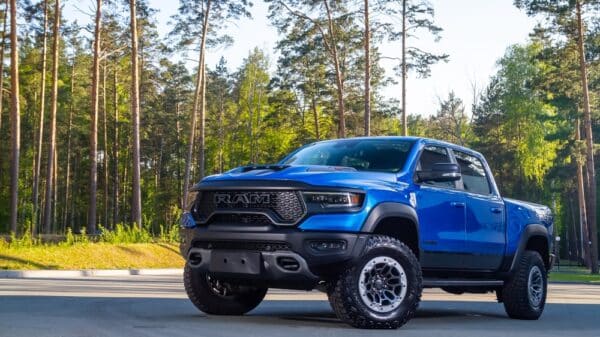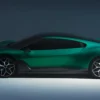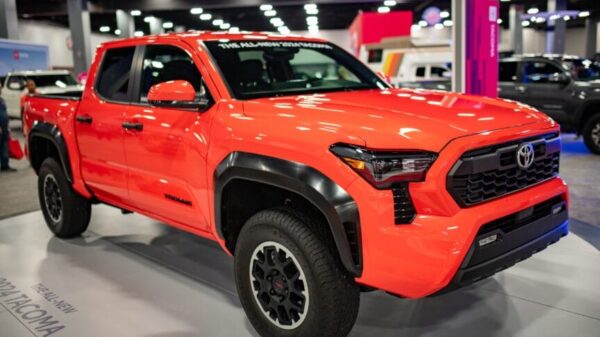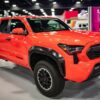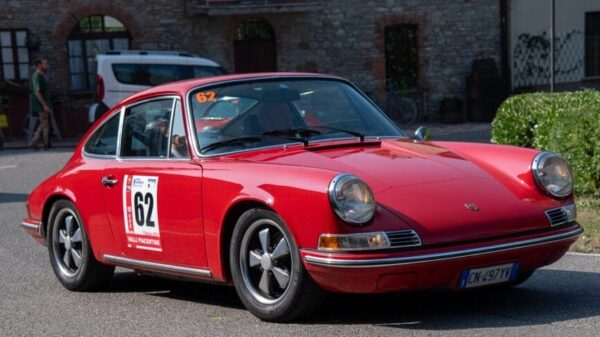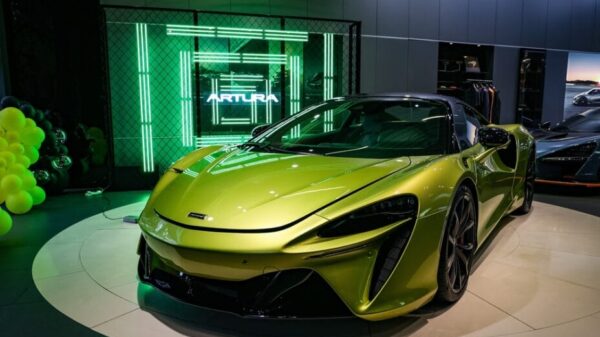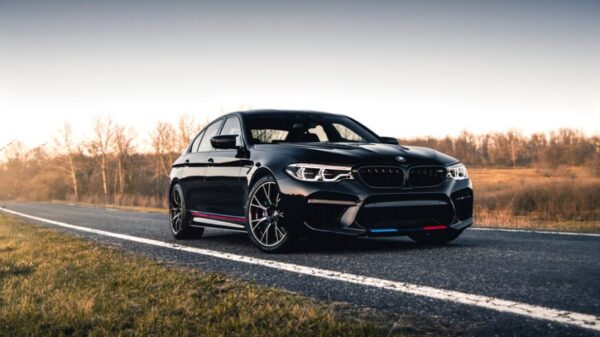The electric vehicle (EV) market’s trajectory has become a topic of keen interest, particularly highlighted by a recent survey from Boston Consulting Group (BCG). The findings reveal a mixed sentiment among consumers regarding their inclination to transition from traditional combustion and hybrid vehicles to electric alternatives.
Stubborn Sentiments Among Established Drivers
Approximately 28% of American owners of internal combustion engine (ICE) cars and hybrids indicate they would never consider purchasing a battery-electric vehicle (BEV). These individuals, referred to as “never BEVers,” predominantly belong to older age brackets, with 39% of those aged 61 or older expressing opposition to electric cars. Surprisingly, only 10% of individuals in the 18-to-30 age group share this sentiment.
A Promising Future for Younger Generations
The younger demographic presents a more optimistic outlook for the EV market. With nine out of ten young respondents open to transitioning to electric vehicles, they represent the future consumer base that will shape car sales in the coming years. However, there is a hurdle: this group, often constrained by financial limitations, doesn’t yet have the means to invest in the currently costly electric vehicles. In stark contrast, Baby Boomers—who are less inclined towards EVs—are among the wealthiest age groups in America.
Global Perspectives on Electric Vehicle Adoption
Internationally, the outlook appears to differ. In China, which boasts a more advanced EV market, only 6% of surveyed individuals stated they would never purchase a BEV. This indicates a robust acceptance of electric vehicles compared to responses in the U.S. and Europe. According to the BCG report, the authors noted the persistent opposition in these regions but remain optimistic as younger generations are more inclined to embrace BEVs over time.
Loyalty Perspectives Among EV Owners
Another compelling insight from the survey indicates a trend of loyalty among EV owners. Data suggests that once consumers adopt electric vehicles, they tend to remain committed to them. For instance, while 15% of ICE vehicle owners are considering an EV as their next purchase, that number increases significantly among owners of hybrids and plug-in hybrids, reaching 28% for those with plug-in hybrids. In contrast, a notable 71% of EV owners plan to continue with battery-electric vehicles, displaying a pronounced preference for electric powertrains.
Conclusion
While the current landscape presents challenges for the electric vehicle industry—particularly from older consumers—a closer look reveals a promising future driven by younger generations. As financial barriers diminish and awareness of environmental impacts grows, EV adoption is likely to strengthen. The steadfast loyalty of current EV owners further supports a sustainable market for electric vehicles, signaling a gradual shift towards a greener automotive future.


